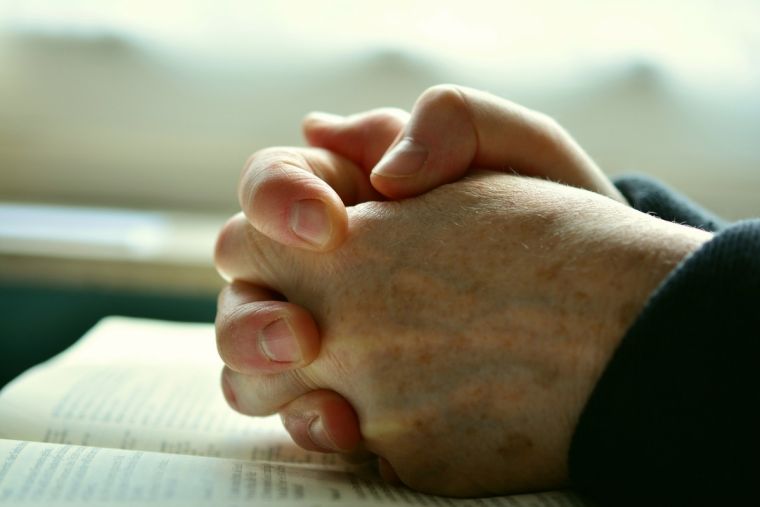More than half of Brits pray, including fifth of non-religious people
More than half of British adults pray, a new survey has revealed, including a fifth of people who say they are not religious.
With church attendance in the UK declining and more than half now saying they are not religious, the poll suggests that many retain a sense of spirituality even if they do not identify with a particular religion.

The research by ComRes on behalf of the Christian charity Tearfund suggested the amount of people who pray regularly (20 per cent) is more than double the amount of people who go church regularly (9 per cent). When asked if they ever pray, 51 per cent said yes compared to 49 per cent who said no.
Women are 10 percentage points more likely to pray than men and 71 per cent of those who pray say they pray for family, making it easily the most popular topic.
The survey of 2,069 people from December 1-3 also suggests people tend to pray for topics that directly affect them. After family, 42 per cent say they pray to thank God, 40 per cent they pray about friends or for healing, 37 per cent pray for guidance, 28 per cent say they pray for themselves.
Only 24 per cent say they pray for worldwide problems with that figure rising among the youngest and oldest age brackets. While 24 per cent of adults generally who pray, pray for worldwide problems, 31 per cent of 18-24 year-olds and 30 per cent of 65-74 year-olds do so.
Tearfund's advocary and influencing director, Dr Ruth Valerio, said the charity was hoping to see one million prayers this year for an end to poverty.
'It is encouraging to see that prayer is such an important part of life for many people in the UK,' she said. 'Whilst it is often easier to pray for issues closer to home, we want to encourage people to continue to engage with global issues and pray for an end to extreme poverty.'
Among those with no religious affiliation who pray, the top reasons for praying were: in times of personal crisis or tragedy (55 per cent), on the off chance that something could change (32 per cent), as a last resort (24 per cent), or to gain comfort or feel less lonely (23 per cent).











